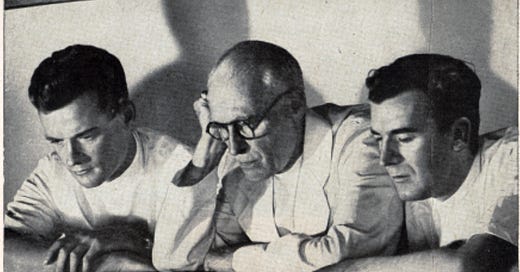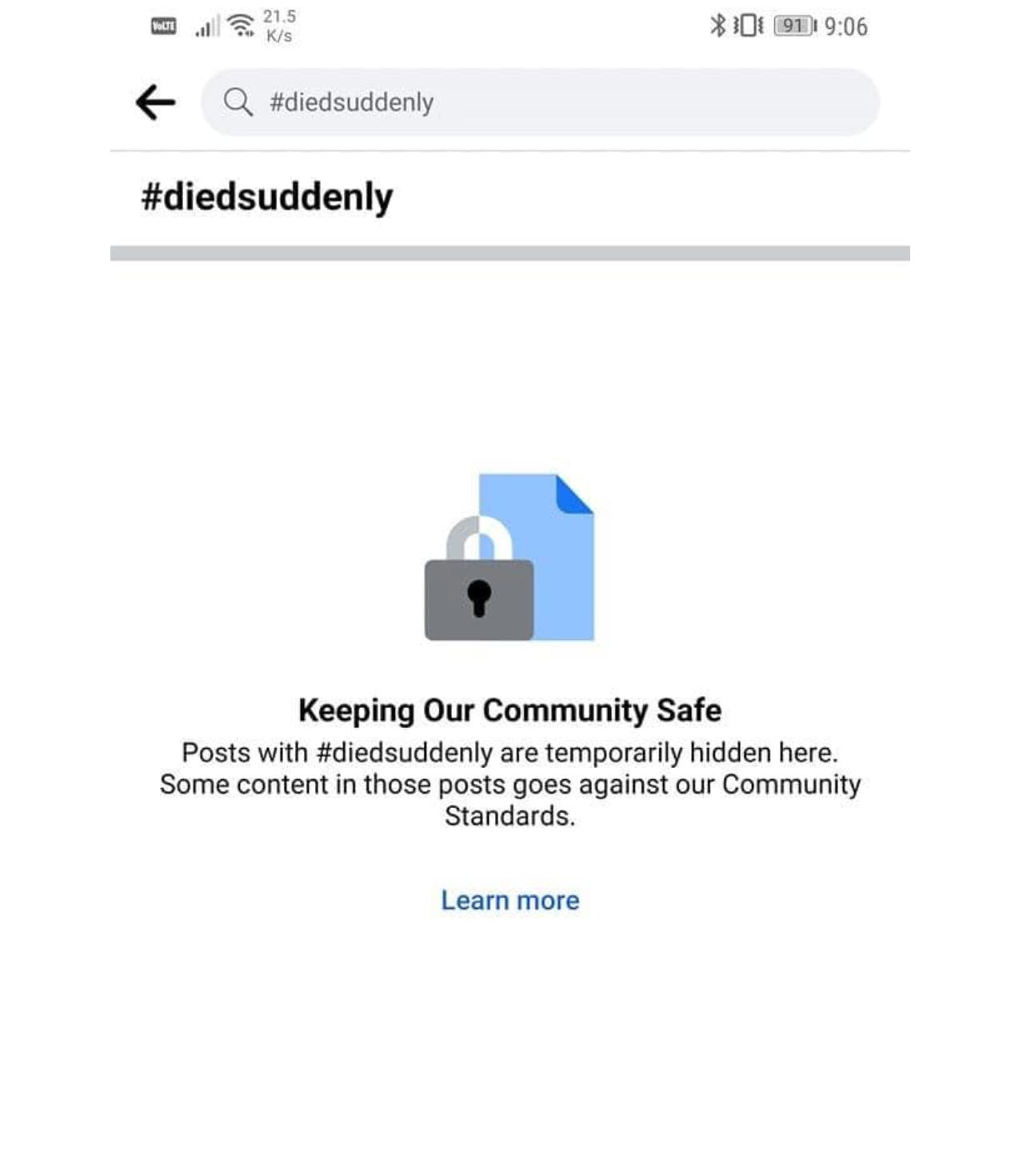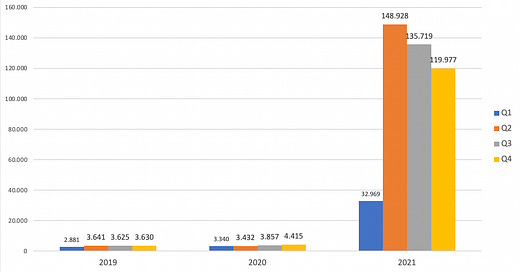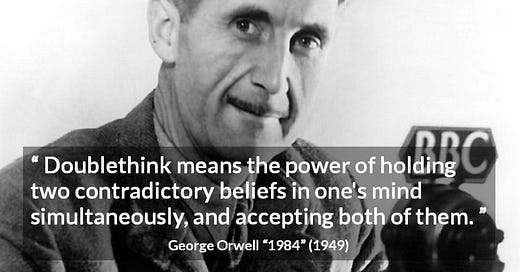

Discover more from From Symptoms to Causes
Keeping Our Community Safe
Well into the 1950s doctors promoted cigarette brands and study after study, sponsored by tobacco producers „proved“ there was no link; that smoking was not only harmless, but good for our health.
In the 1940s a spike in lung cancer raised concerns over a possible link with cigarette smoking. Those concerns however did not make much headway into mainstream media. Some doctors thought coughing might be an indication that smoking caused respiratory problems, but to the manufacturers this just provided an opportunity for advertising how their own brand reduced the coughing caused by competitors‘ brands.
Most doctors smoked and they gladly recommended whichever brand that paid the best money.
In 1878 lung cancer was around 1% of all cancers but in 1927 the percentage had risen to 14%. This coincided with rise in cigarette smoking. In 1940 a case control study in Germany stated that “the extraordinary rise in tobacco use was the single most important cause of the rising incidence of lung cancer”
But correlation is not causation of course, as many doctors and of course the tobacco companies pointed out. Well into the 1950s doctors promoted cigarette brands and study after study, sponsored by tobacco producers „proved“ there was no link; that smoking was not only harmless, but good for our health. Despite the indications, many doctors refused to believe there was a link; other factors such as chemical usage, lifestyle changes, genetic factors; anything but tobacco, to which many of the doctors were actually addicted, might explain the rise in lung cancer.
Let’s pull together the key points:
Claims that correlation can never possibly indicate causation.
Reluctance to consider concerns, due to psychological factors (addiction).
Specialists with financial motives to turn the blind eye on the indications.
Highly profitable, large corporations with big advertising budgets.
Financially motivated media.
Do we perhaps see history repeating itself?
The tobacco companies eventually lost the battle, despite all the money they poured in. But let‘s now imagine a different scenario. Let‘s imagine that the tobacco companies had already made sure they had enough friends in high places, had bought the public health institutions, invested in media companies instead of only advertising with them, and established a strong network of well paid fact-checkers and a system whereby the „fact-checks“ produced automatically prevented information on the dangers of tobacco from being publicized. Let‘s imagine all scientists expressing concern over the relationship between cigarettes and lung-cancer had been defamed and branded conspiracy theorists and that the industry had made sure officials and media relentlessly promoted the claim that the “science was settled”. And finally, let‘s imagine we‘d had social media back then, and that the searchwords cancer+tobacco had yielded results similar to this:
What then? Would we still have ads running like the one pictured at the top of this article? Still keeping our community safe?
Source: History.com

















Fantastic post, I love a good solid analogy! I hope to share this as much as I can (given the fingers in ears and la la-ing going on) thank you!
A neighbour of mine who was born around 1939 smoked until her dying day. She died of lung cancer about 10 years ago. She thought her doctor was wrong to suggest she stop smoking as she had been told, when she was a young woman, that smoking was good for her - she was encouraged to smoke through pregnancy to calm her nerves. She believed that doctor from the 1950s and mistrusted the ones that told her it was the fags that caused the cancer. The power of the man in the white coat!